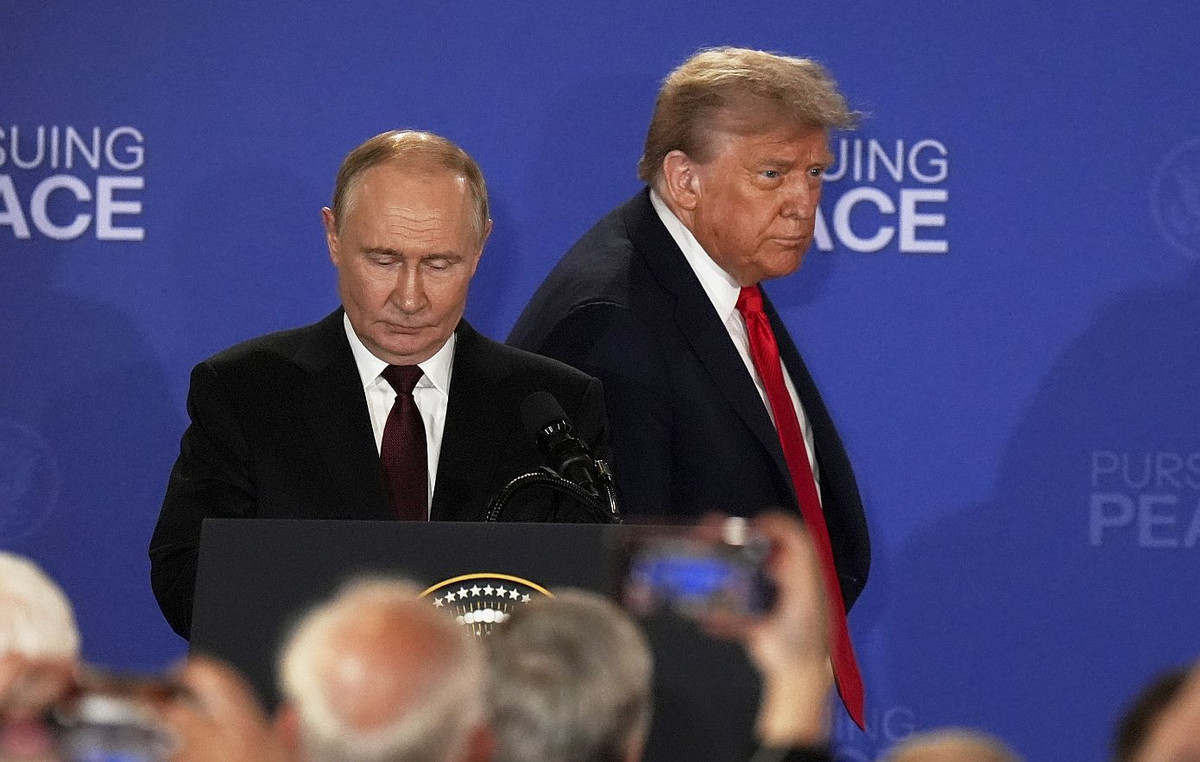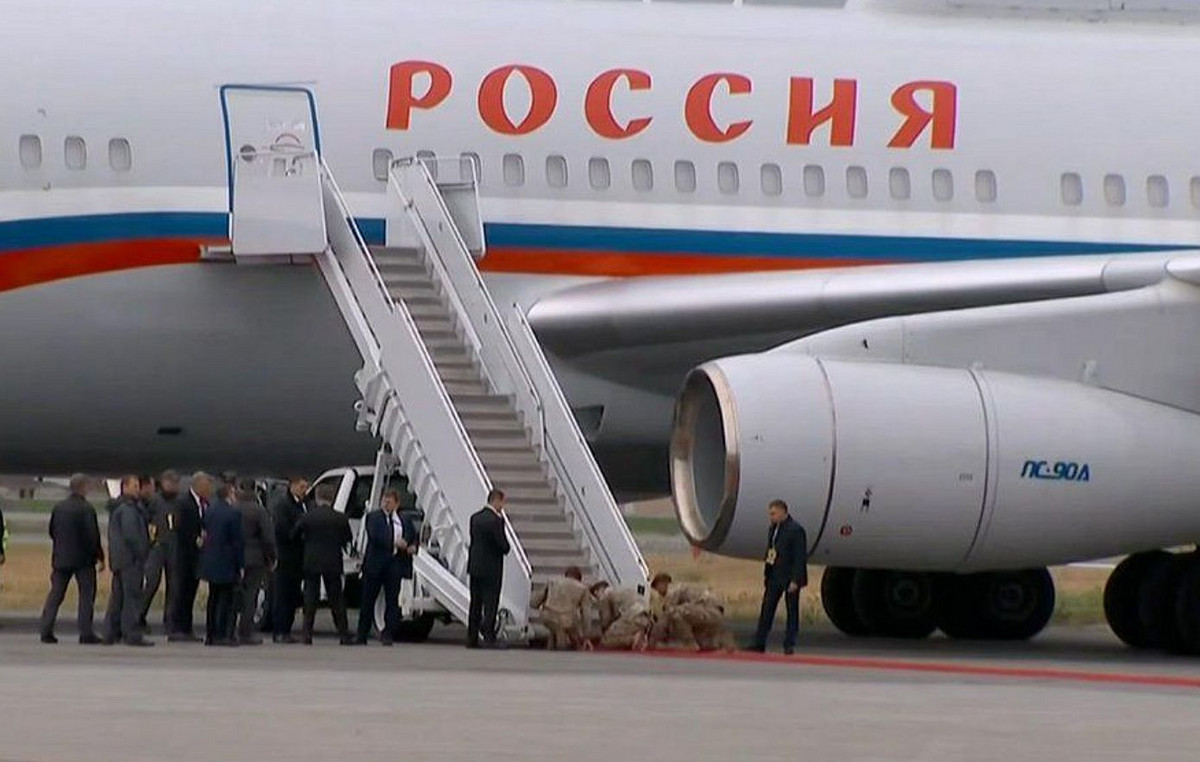Palestinians said the International Court of Justice (ICJ) disappointed them by not ordering a halt to the Israeli military offensive in Gaza, but on the other hand they see the decision as a victory that inspires hope of the country's accountability.
The international court ordered Israel to avoid any acts of genocide against Palestinians and do more to help suffering civilians. It did not, however, order a ceasefire, as requested by South Africa, the author of the action at the ICJ.
The court's rulings on Friday were broadcast live across the Arab world and in Israel, which rejects South Africa's claims that it committed genocide.
At a shelter for people displaced by Israeli bombing in southern Gaza, people gathered around a radio to follow the news.
“We, the homeless, the bereaved families and those who lost their homes, had the ambition that the court would order an immediate ceasefire,” said Mustafa Ibrahim, a human rights activist.
“Despite this, what happened was a victory,” added Ibrahim, a resident of Gaza City who now lives in a shelter with his family of seven in Rafah, in the south of the enclave.
South Africa asked the ICJ to determine emergency measures to stop the fighting. More than 26,000 Palestinians were killed in the Israeli offensive, according to authorities in the Hamas-run Gaza Strip.
Israel mounted the offensive in response to cross-border Hamas attacks on October 7, in which 1,200 people were killed and around 250 were kidnapped, according to Israeli data.
The attack devastated much of the Gaza Strip and displaced most of its 2.3 million inhabitants.
Israeli Prime Minister Benjamin Netanyahu welcomed the ICJ's decision not to order a ceasefire, but dismissed the allegation of genocide as “outrageous” and said Israel would continue to defend itself. Israel says it makes every effort to avoid civilian casualties.
Jonathan Dekel-Chen, whose son is held hostage in Gaza, said he was encouraged by the ICJ's call for the prisoners' release.
While the decision dashed Palestinian hopes for a binding order to stop the war, it also represented a legal setback for Israel, which had hoped to dismiss the case brought under the genocide convention established after the Holocaust.
Prime Minister Mohammad Shtayyeh of the West Bank-based Palestinian Authority said Palestinians hoped the decision would include an immediate ceasefire.
For him, however, the court's determination “confirms the end of Israel's impunity and places it in the dock as a war criminal.”
The court did not rule, at this stage, on the crux of the case presented by South Africa — whether there was genocide in Gaza.
He concluded, however, that the Palestinians are protected by the convention and admitted to analyzing a case on whether their rights were being denied in a war that causes serious humanitarian damage.
Palestinian politician Mustafa Barghouti said the ICJ's acceptance of the case “means putting Israel on trial for its crimes for the first time.”
Israeli Defense Minister Yoav Gallant said Israel does not need to be lectured on morals.
(Reporting by Ali Sawafta in Ramallah, Nidal al-Mughrabi in Doha, Emily Rose in Jerusalem and Antony Paone in Tel Aviv)
Source: CNN Brasil
Bruce Belcher is a seasoned author with over 5 years of experience in world news. He writes for online news websites and provides in-depth analysis on the world stock market. Bruce is known for his insightful perspectives and commitment to keeping the public informed.







